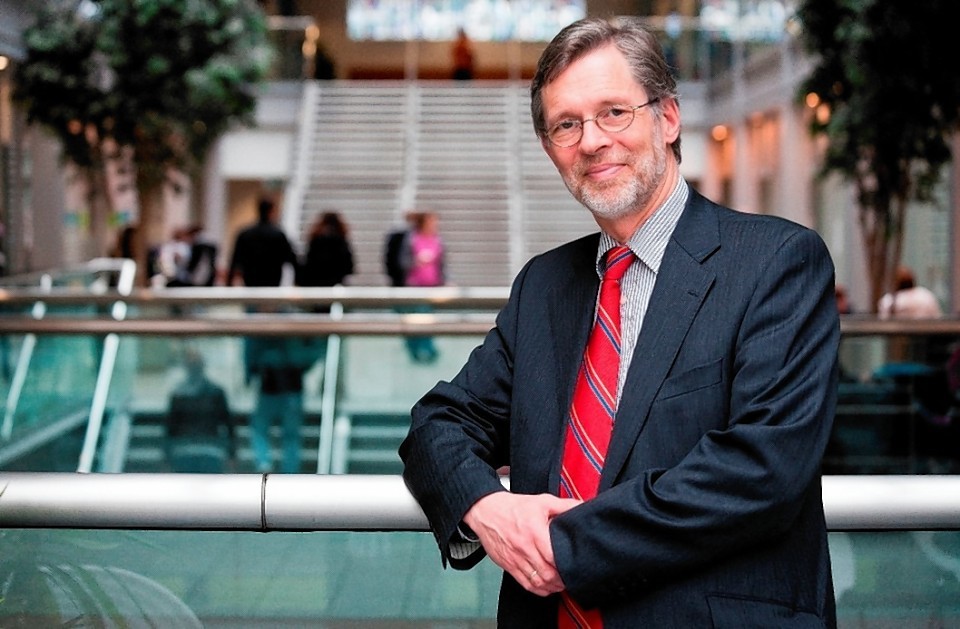Staff at the north-east’s two universities have been reassured following an MP’s attempt to gain information on lecturers teaching students about Brexit.
Conservative whip Chris Heaton-Harris wrote to all UK universities asking for information on staff “who are involved in the teaching of European affairs, with particular reference to Brexit”.
He also asked for copies of syllabuses and lecture notes.
The move was immediately criticised as an “extraordinary example of outrageous and foolish behaviour” by the chancellor of Oxford University.
Chris Patten suggested it may have been an attempt to discourage educators from using pro-European Union messaging in their teaching.
Both Aberdeen and Robert Gordon universities have confirmed they will not be complying with the request.
In an email to staff, RGU Principal Ferdinand von Prondzynski said he would contemplate it “under no circumstances.”
He wrote: “I have received this letter, but in my response I shall simply acknowledge receipt and inform him that his request is incompatible with academic freedom and that I do not propose to supply the information he has asked for.
“I would like to reassure all colleagues that you are entitled to hold whatever opinion you believe to be right in relation to this topic and to express that to students or in your research, provided of course that you allow students to hold different opinions and to express and justify these.”
Principal of Aberdeen University, Professor Sir Ian Diamond, said: “Academic freedom was established to allow our academics to educate, inform and debate on topics which are often controversial, without fear of retribution.
“For this reason, the University of Aberdeen will not be responding to the letter sent by Chris Heaton-Harris.”
The letter has also been criticised as an “extraordinary example of outrageous and foolish behaviour” by the chancellor of Oxford University.
Mr Heaton-Harries later claimed it was sent as part of research for a book.
In a statement he said: “To be absolutely clear, I believe in free speech in our universities and in having an open and vigorous debate on Brexit.”
